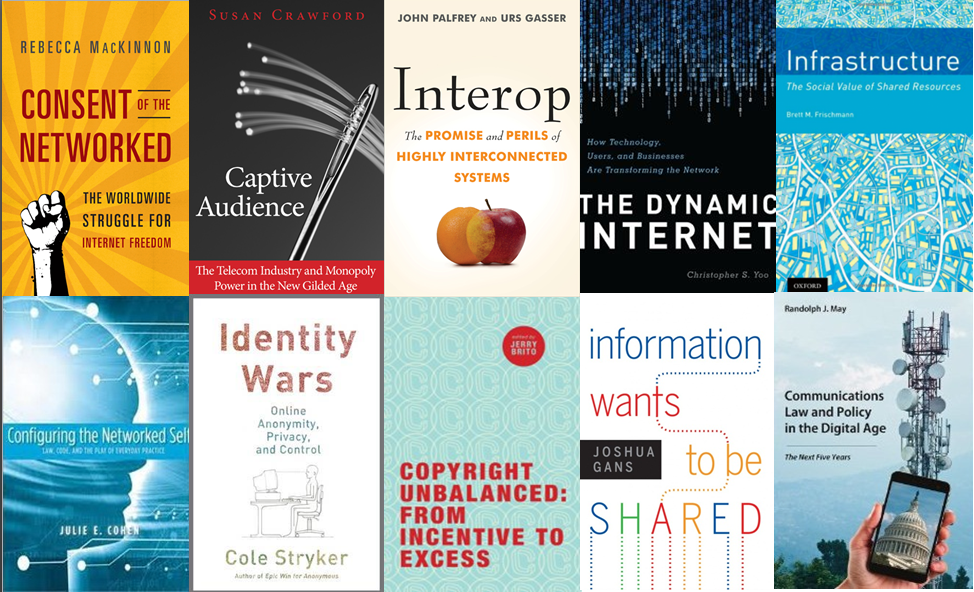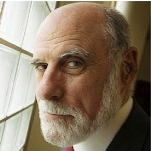By Geoffrey Manne & Berin Szoka
As Democrats insist that income taxes on the 1% must go up in the name of fairness, one Democratic Senator wants to make sure that the 1% of heaviest Internet users pay the same price as the rest of us. It’s ironic how confused social justice gets when the Internet’s involved.
Senator Ron Wyden is beloved by defenders of Internet freedom, most notably for blocking the Protect IP bill—sister to the more infamous SOPA—in the Senate. He’s widely celebrated as one of the most tech-savvy members of Congress. But his latest bill, the “Data Cap Integrity Act,” is a bizarre, reverse-Robin Hood form of price control for broadband. It should offend those who defend Internet freedom just as much as SOPA did.
Wyden worries that “data caps” will discourage Internet use and allow “Internet providers to extract monopoly rents,” quoting a New York Times editorial from July that stirred up a tempest in a teapot. But his fears are straw men, based on four false premises.
First, US ISPs aren’t “capping” anyone’s broadband; they’re experimenting with usage-based pricing—service tiers. If you want more than the basic tier, your usage isn’t capped: you can always pay more for more bandwidth. But few users will actually exceed that basic tier. For example, Comcast’s basic tier, 300 GB/month, is so generous that 98.5% of users will not exceed it. That’s enough for 130 hours of HD video each month (two full-length movies a day) or between 300 and 1000 hours of standard (compressed) video streaming.
Second, Wyden sets up a false dichotomy: Caps (or tiers, more accurately) are, according to Wyden, “appropriate if they are carefully constructed to manage network congestion,” but apparently for Wyden the only alternative explanation for usage-based pricing is extraction of monopoly rents. This simply isn’t the case, and propagating that fallacy risks chilling investment in network infrastructure. In fact, usage-based pricing allows networks to charge heavy users more, thereby recovering more costs and actually reducing prices for the majority of us who don’t need more bandwidth than the basic tier permits—and whose usage is effectively subsidized by those few who do. Unfortunately, Wyden’s bill wouldn’t allow pricing structures based on cost recovery—only network congestion. So, for example, an ISP might be allowed to price usage during times of peak congestion, but couldn’t simply offer a lower price for the basic tier to light users.
That’s nuts—from the perspective of social justice as well as basic economic rationality. Even as the FCC was issuing its famous Net Neutrality regulations, the agency rejected proposals to ban usage-based pricing, explaining:
prohibiting tiered or usage-based pricing and requiring all subscribers to pay the same amount for broadband service, regardless of the performance or usage of the service, would force lighter end users of the network to subsidize heavier end users. It would also foreclose practices that may appropriately align incentives to encourage efficient use of networks.
It is unclear why Senator Wyden thinks the FCC—no friend of broadband “monopolists”—has this wrong. Continue reading →




 The Technology Liberation Front is the tech policy blog dedicated to keeping politicians' hands off the 'net and everything else related to technology.
The Technology Liberation Front is the tech policy blog dedicated to keeping politicians' hands off the 'net and everything else related to technology.